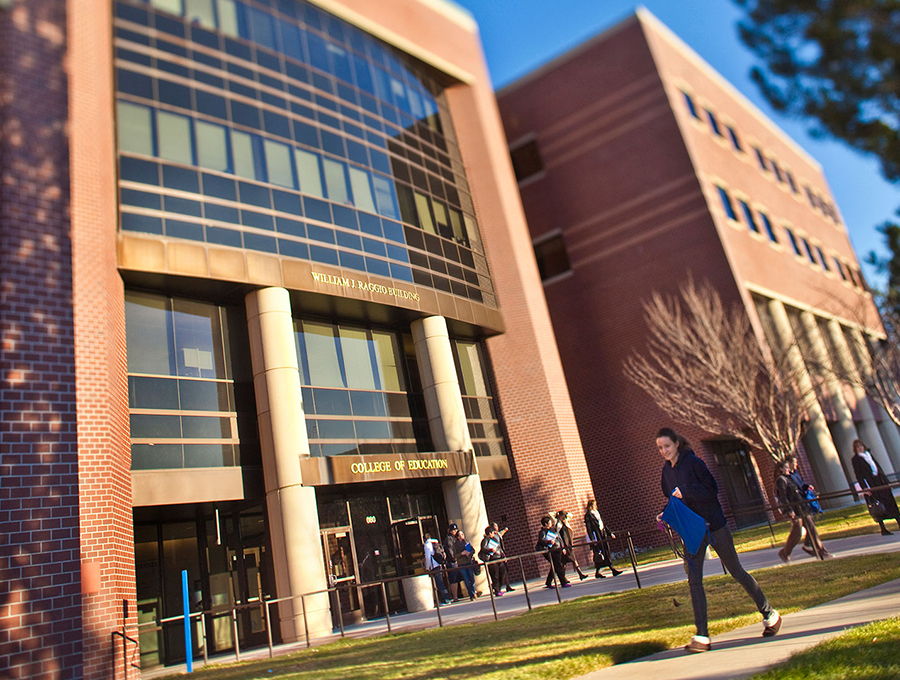A new study from the University of Nevada, Reno, investigated some potential predictors for the psychological stress and high rate of job burnout early childhood special education teachers face as a part of their daily work. Teachers’ lack of school resources and the high demands placed upon them, the stresses of their work and their commitment (or lack thereof) to their job were identified as some of the predictors of increased psychological stress and burnout.
“The school district administrators need this information,” Hyun-Joo Jeon, professor of human development and family science at the College of Education and Human Development and co-author of the study, said. “One of the variables we examined was the school climate – whether a teacher collaborates with other people, administrators and principals. All of those kinds of things are really important to reduce their stress and to perform better in the classroom setting.”
The study looked at job resources, job demands and teachers’ beliefs regarding commitment to their job and certain teaching methodologies, investigating whether any of these correlated with how much stress the teachers were experiencing. The authors discovered that building up a more collaborative atmosphere, encouraging feedback on curriculum-related decisions and effective professional development programs all have the potential to reduce the job burnout special education teachers face.
Preparing teachers during their pre-service training on how to deal with the unique needs of children with disabilities during their own education finds them much less stressed when they do end up in the classroom.
“In our Human Development and Family Sciences program where they're training early childhood educators, we're pulling in some of these early childhood special education courses, that are specific to the teachers, to prepare them better to serve all the kids that they're going to be experiencing in their classroom,” Lindsay Diamond, also a co-author of the study and assistant professor of special education at the College of Education and Human Development, said.
The study suggests that reducing the stress of teachers brings a large set of benefits to a school. Stress reduction and lower job burnout reduce turnover, easing the strain on schools during a time of teacher shortages and doing so improves instruction.
“Teachers who are less stressed and have less or lower levels of burnout are going to be able to provide better instruction for the children,” Diamond said. “They're going to feel more supported in being able to provide intensive interventions and developing relationships with families. Ultimately, it's the children who are impacted by this when we have teachers who are in and out. If they're experiencing high levels of stress, and they're missing work because of this, then who’s in the classroom?”
Diamond and Jeon saw an opportunity for this research when both of their research interests had a perfect crossroads. Diamond specializes in early childhood special education, and Jeon had previously conducted research looking into the psychological stress of general early childhood education teachers. Both realized that there was a lack of research that looked at where these two areas overlap, and so a collaboration was born.
“It was a bridge where we could cross over to the early childhood special education field because there's not a lot of research,” Diamond said. “Very few studies look at early childhood special education teachers specifically within their job burnout, their psychological stress and how to support them.”
















